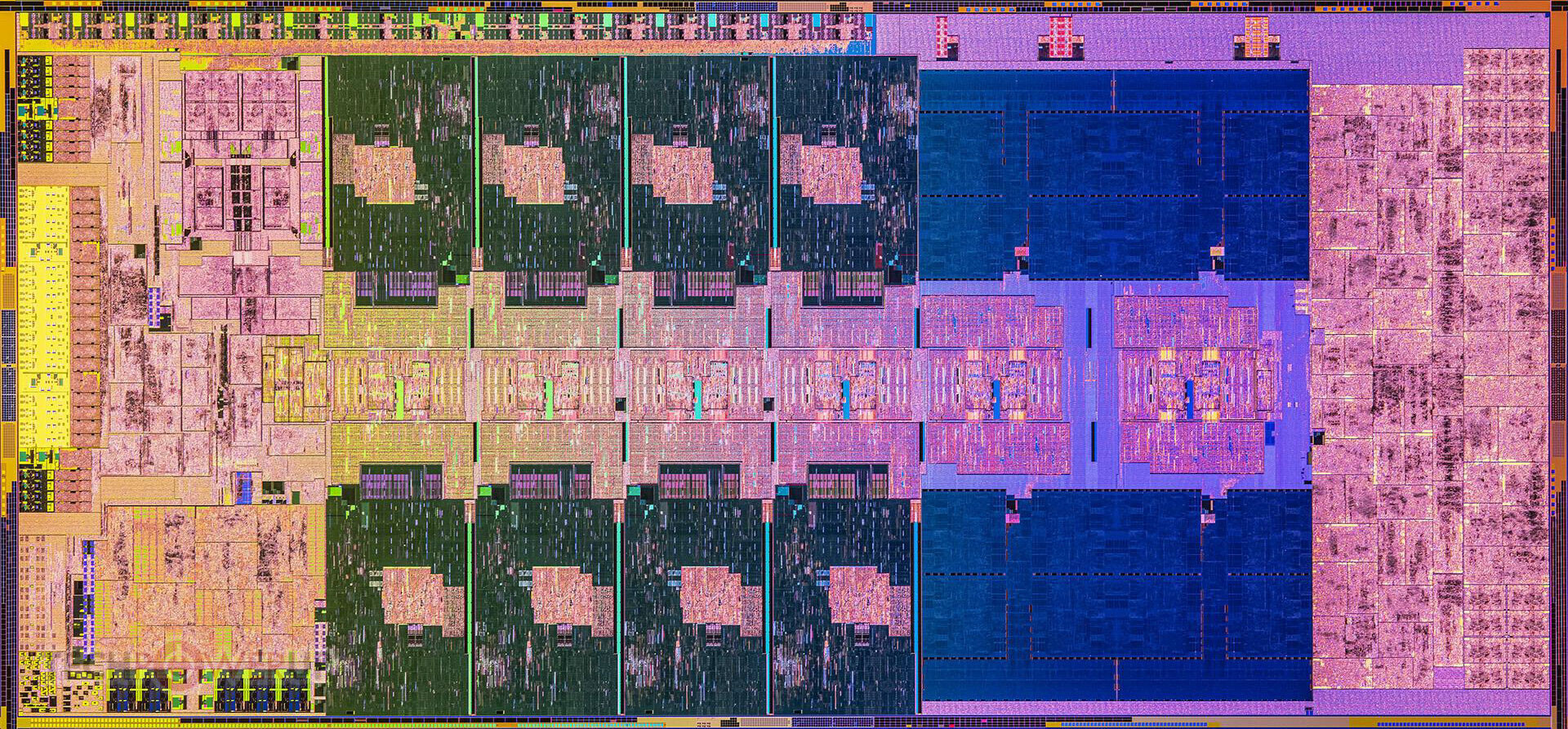Intel has pinpointed the underlying issue causing stability problems in specific high-end 13th- and 14th Gen Core "Raptor Lake" processor models, resulting in random crashes during gaming and other resource-intensive tasks. Initially, Intel suggested a workaround involving reducing core voltages and limiting boost capabilities, leading to decreased performance. However, the company has now identified the root cause of the issue, as revealed by confidential documents obtained by Igor's Lab.
The documents reveal that Intel traced the problem to an incorrect value in the microcode's enhanced thermal velocity boost (eTVB) algorithm. The faulty value was found to cause increased frequency and voltage at high temperatures, potentially compromising processor reliability. The issue was observed internally on "Raptor Lake-S" (13th Gen) and "Raptor Lake Refresh-S" (14th Gen) processors. In its Failure Analysis (FA) document, Intel explains that the affected processors experienced a shift in minimum operating voltage due to prolonged exposure to elevated core voltages.
Intel has developed a new microcode (version: 0x125) for 13th Gen and 14th Gen Core processors to address the issue. This microcode is intended for motherboard manufacturers and PC OEMs to incorporate into UEFI firmware updates. The updated microcode is expected to restore stability and performance to these processors. Users are advised to watch for UEFI firmware (BIOS) updates from their motherboard vendor or prebuilt OEM.
